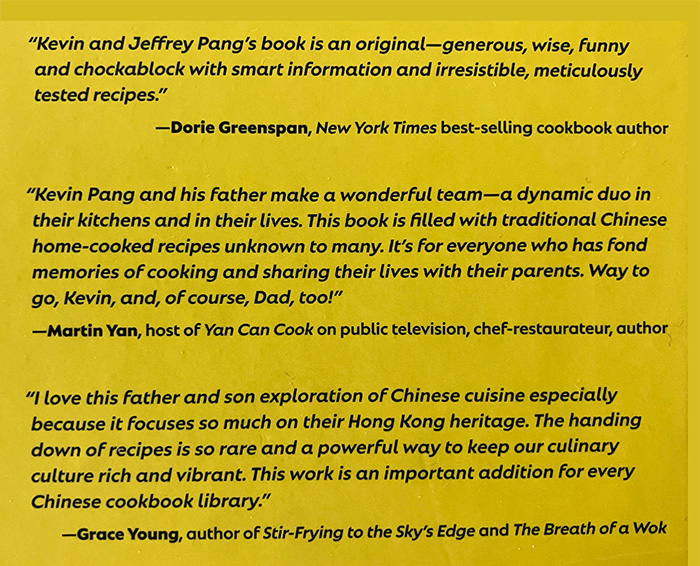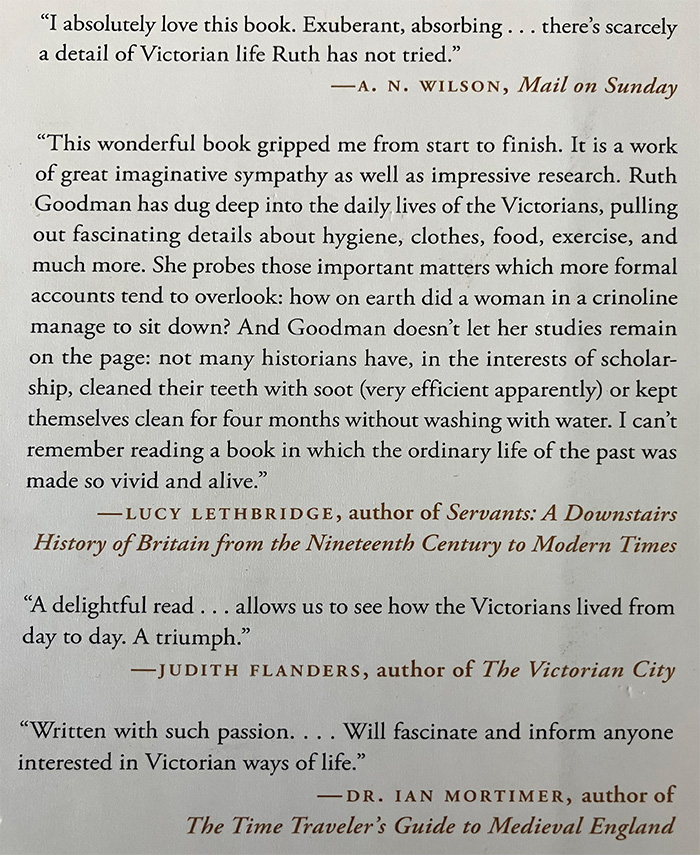BLURB: “A short laudatory phrase — or even a word — that praises a piece of creative work.”
In the book world, blurbs are often placed on the back of the book jacket, or in the advertising for the book. The word is said to have been coined by the US artist and critic Gelett Burgess (1866–1951) in 1914. The British call them “puffs,” as in empty air.
If you look at books you have seen many a blurb, often laudatory words (“Amazing!” “Wonderful!”) or phrases (“The best book I’ve read in years!” “A thrilling thriller!”) on book jackets. They are there to entice a potential reader to buy or read the work.


Now the publisher Simon and Schuster has recently announced they will no longer put these blurbs on their books. My guess is that other publishers will follow suit.
If you are part of the book world you know that these laudatory remarks have been requested by the writer, the publisher, the book’s editor, or the publisher’s marketing department. It is often assumed (not necessarily correctly) by me — and others — that they have been written by the writer’s good friends.
I know that when I see all these remarks on the back of a book the only ones that hold meaning for me are the quotes from established, published, review publications. Such as — “An important history of a neglected time — New York Times.” I don’t even trust blurbs credited to well-known literary figures. To be sure they may even be honest responses. But embedded as they are in all those glittering phrases, I don’t believe them. They are rather like costume jewelry; pretty but not real.
I have never asked anyone to write a blurb for one of my books. That said, I have often been asked to write one. While I have almost always declined, I confess that over the years I have written three, perhaps four blurbs, when they have come from writers who are friends. In those circumstances, it was difficult — awkward — to say no. Fortunately in those few cases when I wrote them I truly liked the work, so at least I did not have to lie about my reaction.
The problem with “blurbs” is that there is always a need to publicly evaluate books. When you get solicited remarks it devalues legitimate responses. Because it is a fact in the life of a writer that if you publicly publish you are going to be publicly judged. When negative, such judgments can be painful, when stupid, it can be maddening, but when positive, it can also be a joyful, supportive moment.
Blurbs, however, are not to be trusted. Feel free to quote me.